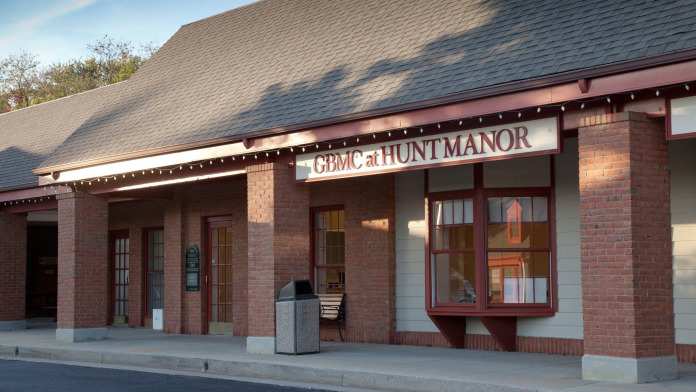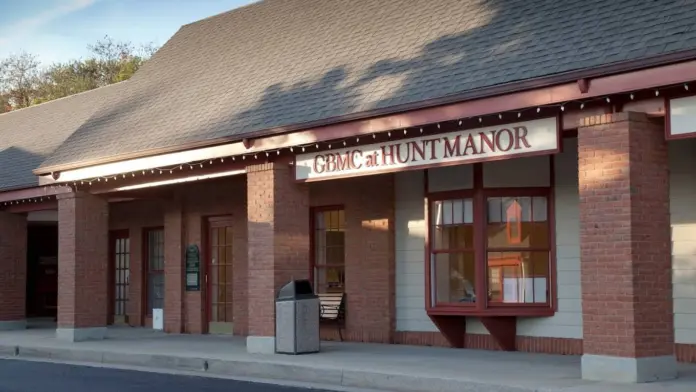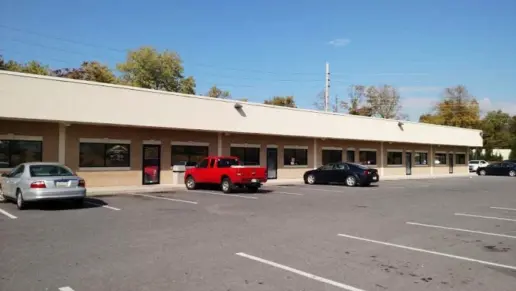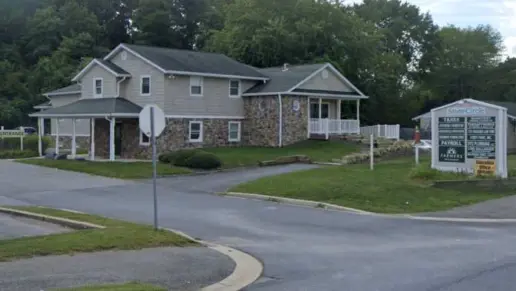About GBMC at Hunt Manor – Family Care and Internal Medicine Physicians
Sheppard Pratt Integrated Behavioral Health at GBMC – Hunt Manor, in Phoenix, Maryland, offers outpatient support for mental health and substance abuse issues. Services are available for young adults, men, women and elderly individuals of all ethnicities and walks of life.
Hunt Manor’s outpatient program includes services for both clients and their family members, with personalized care from skilled behavioral health consultants. Hunt Manor’s comprehensive outpatient care includes individual appointments with specialists, medication management and individual and group therapy. For clients needing more intensive drug rehab support, the Hunt Manor team can assist with referrals to relevant resources and local facilities.
Hunt Manor accepts Maryland Medicaid and Medicare as well as many major insurance providers including CareFirst, Cigna, Aetna, United Healthcare and Kaiser. Due to differences between policies, clients are advised to check coverage with individual providers regarding out of network benefits.
Latest Reviews
Rehab Score
Gallery


Location
Other Forms of Payment
Private insurance refers to any kind of healthcare coverage that isn't from the state or federal government. This includes individual and family plans offered by an employer or purchased from the Insurance Marketplace. Every plan will have different requirements and out of pocket costs so be sure to get the full details before you start treatment.
Self-pay involves paying for treatment out of your own pocket. You can use savings or credit, get a personal loan, or receive help from family and friends to fund your treatment. If you don't have insurance or your insurance plan doesn't cover a specific program, self-pay can help ensure you still get the care you need.
Financial aid can take many forms. Centers may have grants or scholarships available to clients who meet eligibility requirements. Programs that receive SAMHSA grants may have financial aid available for those who need treatment as well. Grants and scholarships can help you pai for treatment without having to repay.
Medicare is a federal program that provides health insurance for those 65 and older. It also serves people under 65 with chronic and disabling health challenges. To use Medicare for addiction treatment you need to find a program that accepts Medicare and is in network with your plan. Out of pocket costs and preauthorization requirements vary, so always check with your provider.
Addiction Treatments
Levels of Care
Treatments
Mental health rehabs focus on helping individuals recover from mental illnesses like bipolar disorder, clinical depression, anxiety disorders, schizophrenia, and more. Mental health professionals at these facilities are trained to understand and treat mental health issues, both in individual and group settings.
Substance rehabs focus on helping individuals recover from substance abuse, including alcohol and drug addiction (both illegal and prescription drugs). They often include the opportunity to engage in both individual as well as group therapy.
Programs


Clinical Services
The goal of creative arts therapy is to help you express complicated emotions or work through difficult situations. This happens through self expressive activities such as dance, drama, music, or art. The treatment provides a safe setting to process emotions and understand yourself better.
Research clearly demonstrates that recovery is far more successful and sustainable when loved ones like family members participate in rehab and substance abuse treatment. Genetic factors may be at play when it comes to drug and alcohol addiction, as well as mental health issues. Family dynamics often play a critical role in addiction triggers, and if properly educated, family members can be a strong source of support when it comes to rehabilitation.
Combining fitness therapy with addiction treatment addresses your body and mind. Exercise releases endorphins, which help improve your mood and mental clarity. It promotes better sleep, fosters a sense of accomplishment, and helps manage stress and anxiety, all critical components in maintaining sobriety.
Group therapy is any therapeutic work that happens in a group (not one-on-one). There are a number of different group therapy modalities, including support groups, experiential therapy, psycho-education, and more. Group therapy involves treatment as well as processing interaction between group members.
In individual therapy, a patient meets one-on-one with a trained psychologist or counselor. Therapy is a pivotal part of effective substance abuse treatment, as it often covers root causes of addiction, including challenges faced by the patient in their social, family, and work/school life.
Life skills may be as simple as preparing a meal or as complex as interpersonal communication. They cover a broad range, encompassing the core skills you'll need for a successful long term recovery. Rehab in Maryland focuses on helping you develop or re learn these skills so you can live a healthy, independent life in recovery.
Amenities
-
Private Setting
Contact Information
3346 Paper Mill Road
Phoenix, MD 21131


